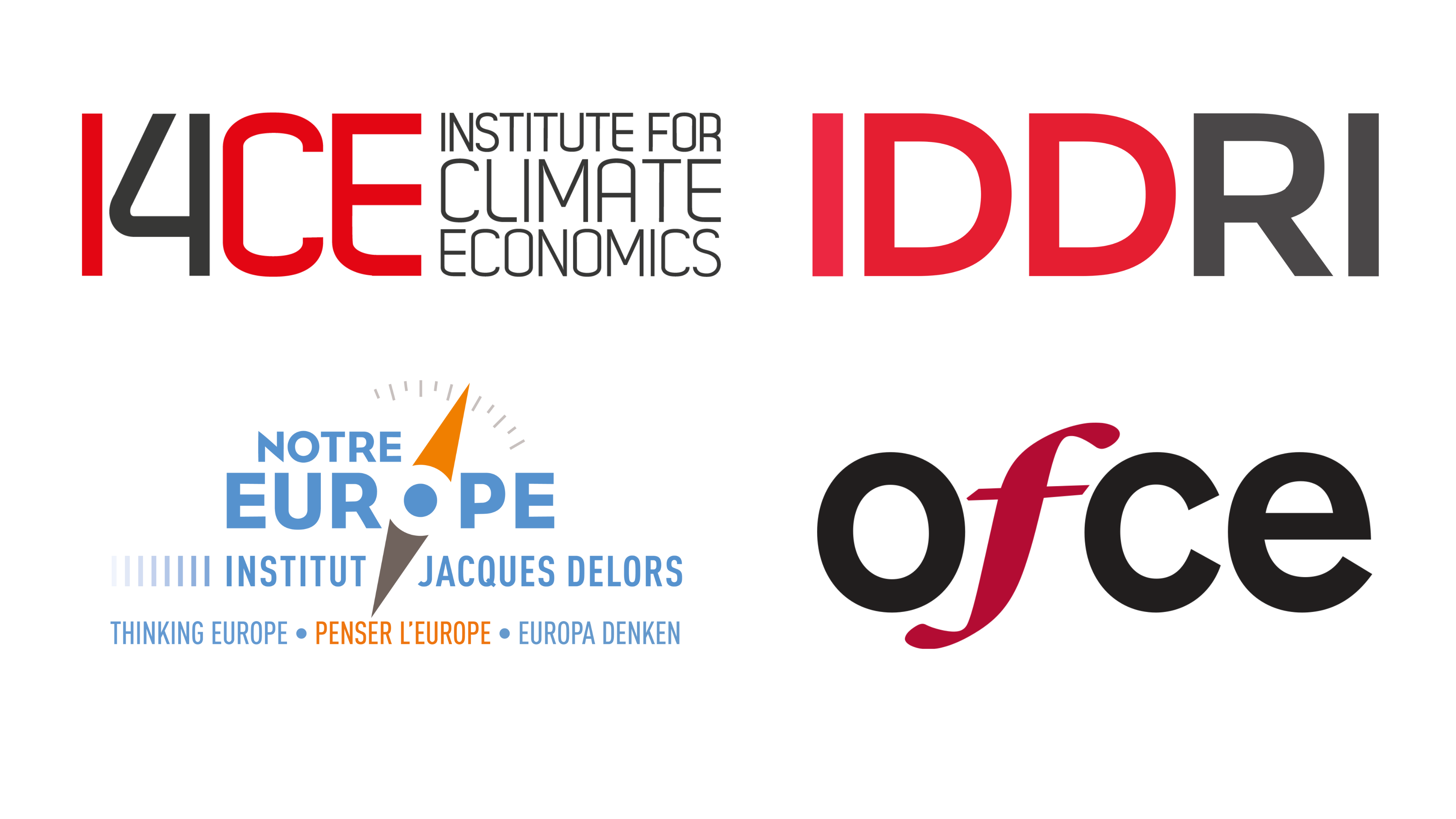Does the 2023 budget allow the French to cope with the energy crisis? Think tanks analysis
Webinars - By : Damien DEMAILLY
A webinar was organized by IDDRI, l’OFCE et l’Institut Jacques Delors and Institute for Climate Economics I4CE on Thursday, December 14 from 12 to 1:15 pm.
In the midst of an energy crisis, France is preparing for a winter of tension. As the French National Assembly prepares to vote on the 2023 budget bill and Europe tries to find a collective solution to this crisis, many questions remain open as to the ability to manage the economic and social emergency and the acceleration of the energy and climate transition.
Against this backdrop, four French think tanks have proposed a deciphering of the energy crisis and the responses provided by France’s 2023 budget and by the European Union:
- When will the energy crisis end?
- Is the tariff shield an effective response to the economic, social and ecological challenges of this crisis?
- Between fragmented national approaches and the desire to speak with one voice: what solutions can be found to manage the energy crisis on a European scale?
- Is the 2023 budget up to the challenge of accelerating the climate transition?
With:
- Phuc-Vinh Nguyen, Researcher on French and European Energy Policies, Jacques Delors Institute;
- Andreas Rüdinger, Coordinator on Energy Transition in France, IDDRI;
- Xavier Timbeau, Director of OFCE;
- Damien Demailly, Deputy Director, I4CE.
To Read:
- IDDRI, November 2022: How to accelerate renewable energies in France? The challenge of territorial integration and value sharing;
- IDDRI, March 2022: Energy renovation, an essential tool for long-term protection against energy price rises;
- IDDRI, October 2022: An urgent need to combine sufficiency and solidarity;
- IDDRI, June 2022: Between crises and the urgent need to accelerate the transition: what are the challenges for the evolution of the French and European electricity markets;
- Jacques Delors Institute, November 2022: Overview of the European electricity market ;
- Jacques Delors Institute, July 2022: France’s energy future (in French);
- OCFE, 2022 : Revue 176 : Enjeux socio-économiques de l’action pour le climat ;
- On this occasion, I4CE will publish an analysis post “10 billion euros more per year for the ecological transition: where do we stand with the President’s commitment?”;
- I4CE, October 2022 : Édition 2022 du Panorama des financements climat.
